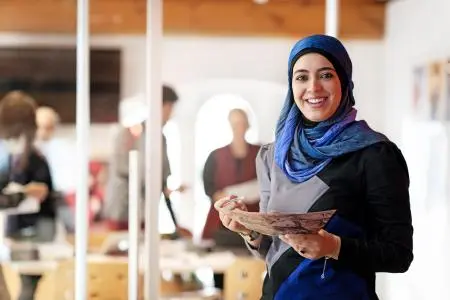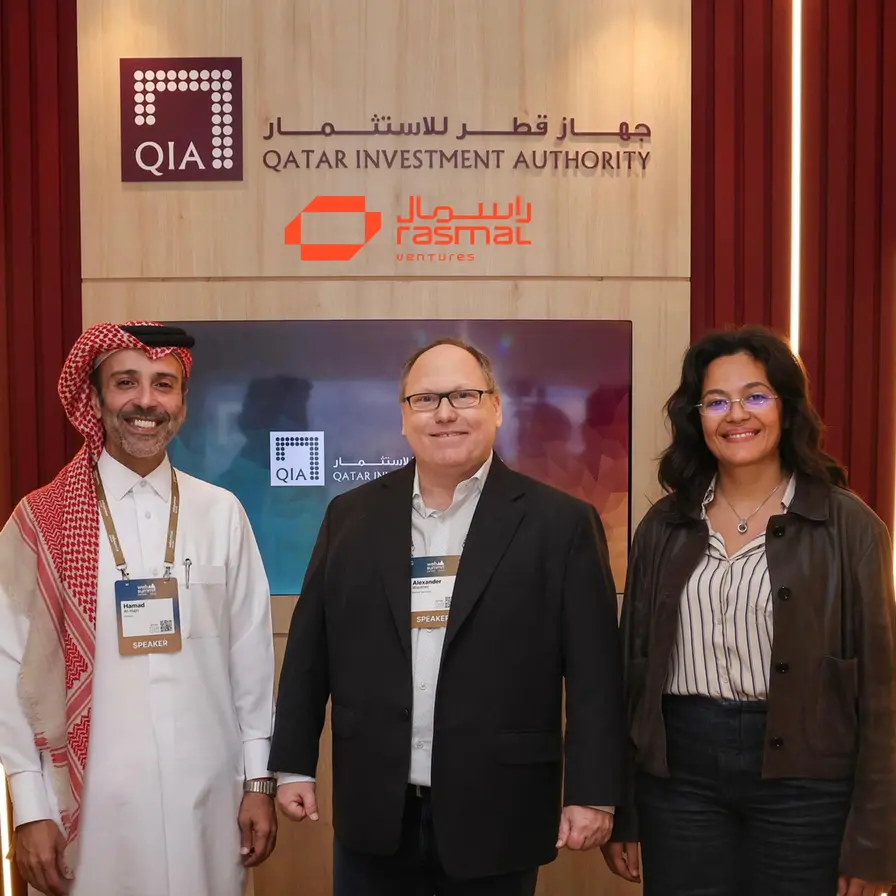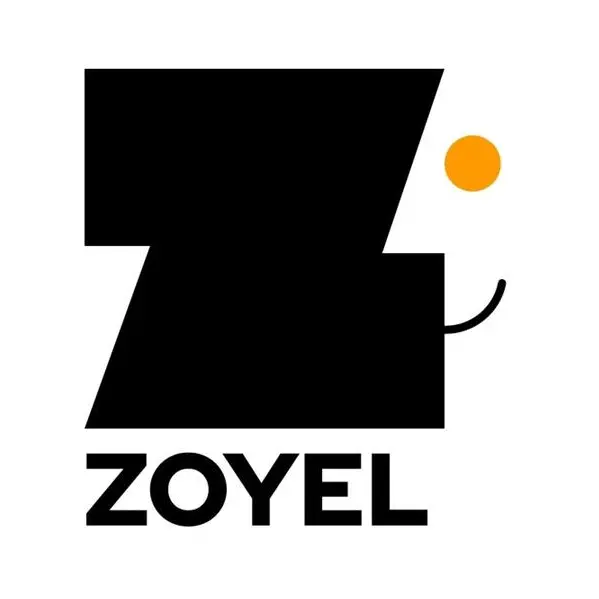PHOTO
Sharjah: NAMA Women Advancement Establishment (NAMA) has announced that the two-day discussions on furthering women’s economic inclusion during the Women’s Economic Empowerment Global Summit (WEEGS 2019) on December 10 – 11 in Sharjah, will be based on four key pillars.
Continuing WEEGS’ tradition of leading action- and result-oriented discussions to boost women's career prospects and shape truly inclusive work ecosystems for them, the four discussion pillars chosen are: gender-responsive procurement, women’s participation in value chains, the Women’s Empowerment Principles (WEPs), and women’s access to finance.
Under the theme, ‘Drivers of Change’, which was inspired by the challenges that women face in the global workplace, WEEGS 2019 seeks to emphasise on how fully harnessing women’s potential will create a more stable, prosperous future for the region.
Guided by these pillars, thought leaders and decision makers from both public and private non-profit sectors will convene at WEEGS 2019, expected to host 1,000 participants from across market sectors, to further the global discourse dedicated to promoting women’s economic participation and advancement across sectors.
Held under the patronage of Sheikha Jawaher bint Mohammed Al Qasimi, wife of His Highness the Ruler of Sharjah, and Chairperson of NAMA, WEEGS is organised biennially by NAMA in collaboration with UN Women.
Gender-responsive procurement
There are many ways to take make procurement more equitable, and this first pillar will shine light on how government and private organisations can procure more from women-owned businesses to promote their economic empowerment while simultaneously expanding their reach in global markets, diversify their supply chains, and ultimately, grow the economy.
Women’s Participation in global value chains
Around this second pillar, the summit’s speakers will discuss how equitable economies can be created by enhancing women’s contributions to the various stages of production, supply and distribution networks. This participation in value chains accounts for more than two-thirds of goods and services delivered worldwide.
According to a report published by the International Trade Centre (ITC), public procurement spending accounts for approximately 10 to 15 percent of the gross domestic product (GDP) in developed countries and over 30 percent of the GDP in developing countries. Procurement, supplier diversity and inclusion can thus be used as powerful tools to economically empower women and combat poverty by increasing women’s income and ensuring sustainable social and economic benefits for them (Source: http://www.intracen.org/uploadedFiles/intracenorg/Content/Publications/Women%20procurement%20guide-final-web.pdf).
Men are four times more likely to be entrepreneurs than women in MENA/Mid-Asia regions, according to the Global Entrepreneurship Monitor 2017 Report. WEEGS 2019 will explore cultures and mechanisms to drive the international community to empower women through better procurement opportunities, especially in vital sectors like agriculture, energy, technology and education, among others.
Women’s Empowerment Principles (WEPs)
The summit will also highlight the importance of stronger global commitment towards the Women’s Empowerment Principles (WEP) – a set of seven principles offering guidance to businesses on how to empower women in the workplace, marketplace and community launched by UN Women and UN Global Compact in 2010. The WEPs substantiate the business case for corporate action to promote gender equity.
The advanced level of integration in both work and society women in the UAE enjoy, as reflected in the National Strategy for Empowerment of Emirati Women in the UAE for the years 2015 – 21, is a key reason for WEEGS making the WEPs a pillar of discussions for the upcoming edition.
Women’s participation rate in the UAE is as follows: women occupy more than 66 percent of the jobs in the public sector, make up 25 percent of the national labour force, and 30 percent of those in the SME sector. Enrollment of Emirati women in higher education after graduation from secondary school exceeds 77 percent.
Female entrepreneurs account for 10 percent of the UAE’s private sector, with over 23,000 women entrepreneurs generating approximately US$ 13 billion in revenue. Also, women’s contribution to the UAE labour market, stands at 46.6 percent. (Source: https://www.government.ae/en/information-and-services/social-affairs/women/economic empowerment-of-the-women).
As part of its inaugural edition, the summit called on all sectors of society including government departments, academic institutions, non-governmental and international organisations, SMEs, large corporations and individuals to adopt two principles inspired by the Women’s Empowerment Principles (WEPs) as part of the ‘WEEGS Pledge’, to promote gender equity and empower women in the workplace, marketplace and community.
During the two-day discussion at WEEGS 2019, the summit will showcase the outcomes of the key programmes and initiatives undertaken by the entities that pledged in WEEGS 2017.
Access to finance
This final pillar will raise key questions about hindrances to women accessing finance, and discuss how obstacles related to financing services, lending practices and policies can be removed. Achievements in these fields are still quite limited, according to UN Women indicators.
Also, the Global Entrepreneurship Monitor shows that 63 – 69 percent of women-owned SMEs are underserved by financial institutions, equivalent to a credit gap of approximately US$ 320 billion.
Additionally, participants will advance discussions on the development of existing strategies, opportunities, and case studies to empower women in sectors where they are underrepresented, including but not limited to, procurement, finance, city planning and STEM and encourage organisations’ commitment for action.
The first Women’s Economic Empowerment Global Summit (WEEGS) was held in December 2017, under the theme ‘Women Excelling in Economy, with more than 70 speakers and over 1000 attendees, including ministers, internationally celebrated figures, representatives of local and international organisations, international thought leaders on women’s rights and empowerment, gender equity advocates, and entrepreneurs. The two-day global summit called for strengthening partnerships and developing plans and programmes in leading up to the achievement of the United Nation’s 2030 Agenda for Sustainable Development Goals on women’s economic empowerment, which was adopted by the UN General Assembly in September 2015.
-Ends-
For any inquiry or for more information please do not hesitate to contact us on the below :
Dima Alastal
National Network Communications (NNC)
Mobile: +971 56627174
Disclaimer: The contents of this press release was provided from an external third party provider. This website is not responsible for, and does not control, such external content. This content is provided on an “as is” and “as available” basis and has not been edited in any way. Neither this website nor our affiliates guarantee the accuracy of or endorse the views or opinions expressed in this press release.
The press release is provided for informational purposes only. The content does not provide tax, legal or investment advice or opinion regarding the suitability, value or profitability of any particular security, portfolio or investment strategy. Neither this website nor our affiliates shall be liable for any errors or inaccuracies in the content, or for any actions taken by you in reliance thereon. You expressly agree that your use of the information within this article is at your sole risk.
To the fullest extent permitted by applicable law, this website, its parent company, its subsidiaries, its affiliates and the respective shareholders, directors, officers, employees, agents, advertisers, content providers and licensors will not be liable (jointly or severally) to you for any direct, indirect, consequential, special, incidental, punitive or exemplary damages, including without limitation, lost profits, lost savings and lost revenues, whether in negligence, tort, contract or any other theory of liability, even if the parties have been advised of the possibility or could have foreseen any such damages.




















